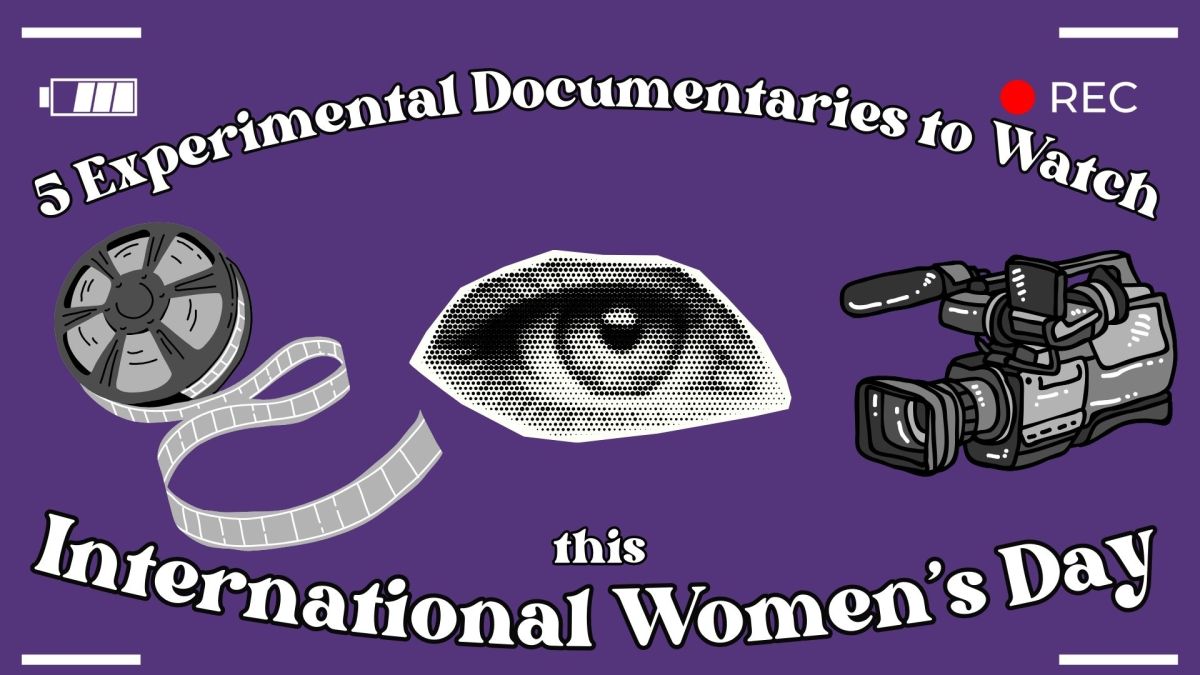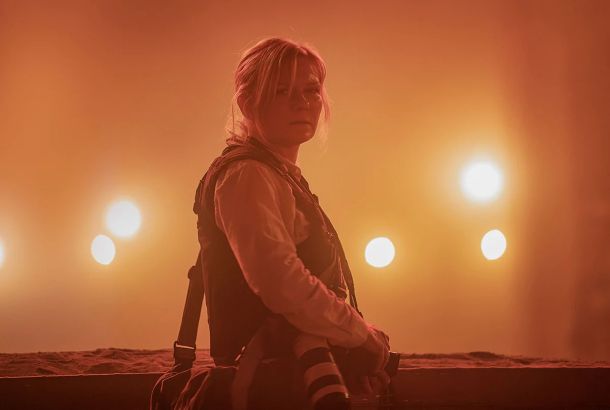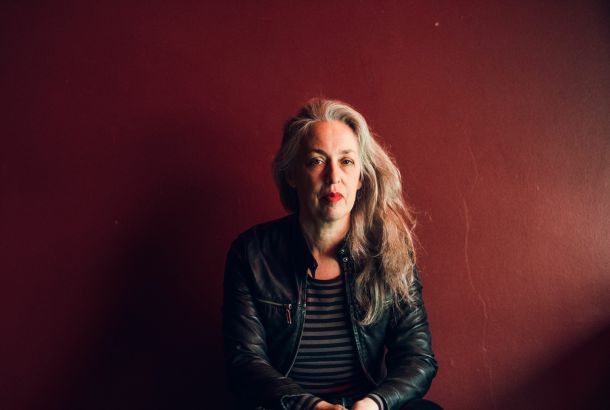Her world in her words: 5 experimental documentaries for International Women’s Day
By Cynthia Dong

In 1975, Carole Roussopoulos, a Swiss director known for her groundbreaking documentaries that boosted the Women’s Movement, opened filmmaking workshops for women. Her ambition? To encourage women to tell their stories instead of being portrayed by predominantly male directors.
For women to own a voice in film, it has taken an experimental leap. To pay homage to this, I’ve curated a list of experimental documentaries about women’s lives crafted by women. I propose a break from the textbook understanding of documentary filmmaking (all that talk about objectivity etc. ) and instead truly listen to the unfolding tapestry of women’s diverse everyday lives.
1. beautiful, endless, i’m overthinking (2024, dir. Ina Aram, 13mins)
Ina Aram, currently on a break from Princeton back home in Tokyo, makes ‘films and cinematic vlogs’ as she wrote on her channel. Taking a detour from the norm of films or vlogs that commence with a definitive landmark in time or space, her work originates from a particular thought, often relating to abstract themes sparked by tangible fragments of life experience.
Her films remind me of The Virgin Suicides (1999), Columbus (2017), C’mon C’mon (2021), and almost every recent masterpiece of slow cinema that has brought me tranquillity. Yet, there’s also an unmistakable echo of Greta Gerwig mumbling in her early acting days. Ina is acutely self-aware about being self-conscious in her videos, and this quality turns what could be seen as a pretentious trait into something poetic, relatable, and even sweet. It’s akin to a secret code shared between people with a zeal for writing, filmmaking or any form of self-expression that bolds the ‘I’. I suppose desiring to be heard should never be a shame. On the contrary, it would truly be a shame if such gifted voices weren’t amplified.
beautiful, endless, i’m overthinking is available to watch on YouTube.
2. It Wasn’t Love (1992, dir. Sadie Benning, 22mins)
Stumbling upon Susan Sontag’s notion of ‘it’s so bad, it’s good’ in her Notes on Camp (1964), it all fell into place when Benning’s early short films came to my mind.
In It Wasn’t Love, a youthful Benning fondly recollects a dreamlike car ride with her girlfriend, a whimsical plan to escape to Hollywood that winds up as a makeout session in a car park. The scenes, captured rather haphazardly with a handheld camera and sometimes recreated in post-production with whatever was within arm’s reach at home, ooze authenticity and a raw, unprocessed charm. Moreover, Benning, in her could-be purposely childish acting and second-class costumes, flits from one role to another, poking fun at the gender norms in a heteronormative and patriarchal society. It’s as if she’s clumsily sculpting her own utopia, a place where identities are fluid, away from her liminal social experience. The ‘badness’ of her film, far from a detriment, lends it an ungraspable charm, a dash of unpretentious humour.
3. News From Home (1976, dir. Chantal Akerman, 89 mins)
Nothing is more exciting than spending your early 20s in New York – at least, that’s how I felt after watching films starring Greta Gerwig or directed by Woody Allen in the 70s/80s.
However, this sense is absent from Akerman’s News from Home, where she calmly reads out letters from her mother in Belgium, mostly about things happening at home and her desire to reunite with Akerman, over long and sometimes still shots of New York. The juxtaposition leaves viewers haunted, underscoring the gap between the present yet ghostly here and the sweet yet unreachable there in her world. We never hear her response to the letters, yet the unspoken yearning is palpable in the silence.
As a young woman studying abroad, I see myself in her. The actual details of my life experiences have gradually ceased to matter in my conversation with my parents, who live in a distinctly different environment than me. After all, what we truly long for, lost in the transatlantic static, is the comforting cadence of each other’s voice.
You can watch News From Home for free with your student account on BFI Player.
4. Betty Tells Her Story (1972, dir. Liane Brandon, 20 mins)
Betty, with her average look and average job, might not be your poster girl for feminism, but that doesn’t mean she’s without a voice in the narrative of womanhood. In Betty Tells Her Story, Betty, a schoolteacher, recalls her experience of losing her dream dress without ever properly wearing it and how it magically made her feel differently about herself. She is invited to tell the same story twice, yet, with its focus on different details and more towards feelings instead of plots, the second time is not just an echo of the first, rendering it a more private and emotional memory. On the other hand, with its relatively steady camera position, the simplicity of the cinematic language gestures respectfully towards attentive listening.
The film is a testament to how a woman’s self-esteem and confidence are intimately intertwined with society’s taken-for-granted perceptions of women – to borrow Jess Glynne’s lyrics, “you are nobody until you are somebody to someone.” It’s somehow comforting to see the film challenge these power dynamics by enabling Betty’s story about a personal item to be heard across time and space.
5. L’Opéra-Mouffe (1958, dir. Agnés Varda, 18mins)
Filmed during director Varda’s own pregnancy, L’Opéra-Mouffe is an emotional yet funny diary of a pregnant woman. She dances between the real and the unreal, the personal and the universal, challenging our understanding of the binary boundaries.
Varda creates intimacy with the viewers by inviting them to see through the protagonist’s eyes. These eyes, which long for the carefree romance of young couples, are the same ones that stare blankly at a busy marketplace when left unsupported. Yet, are these images really present before the protagonist, or are they merely figments of her imagination?
The film opens with a raw depiction of pregnancy – a woman, her belly swollen, sits naked on a chair. Her head is omitted from the frame, leaving her further identity unknown. How do physical and emotional changes and, more profoundly, societal expectations play into a pregnant woman’s sense of identity? Is she allowed to maintain her individuality, or does she morph into a silhouette of ‘some pregnant woman’? These are just some of the questions being asked by Varda’s L’Opéra-Mouffe.







